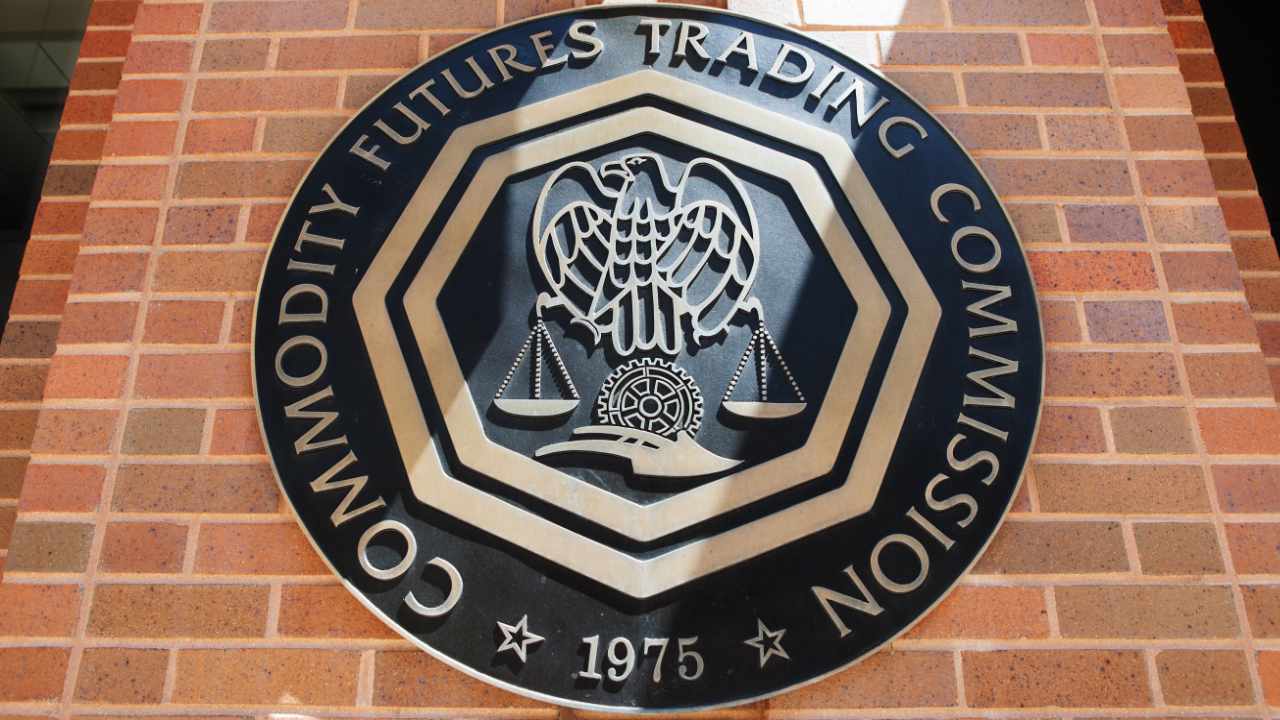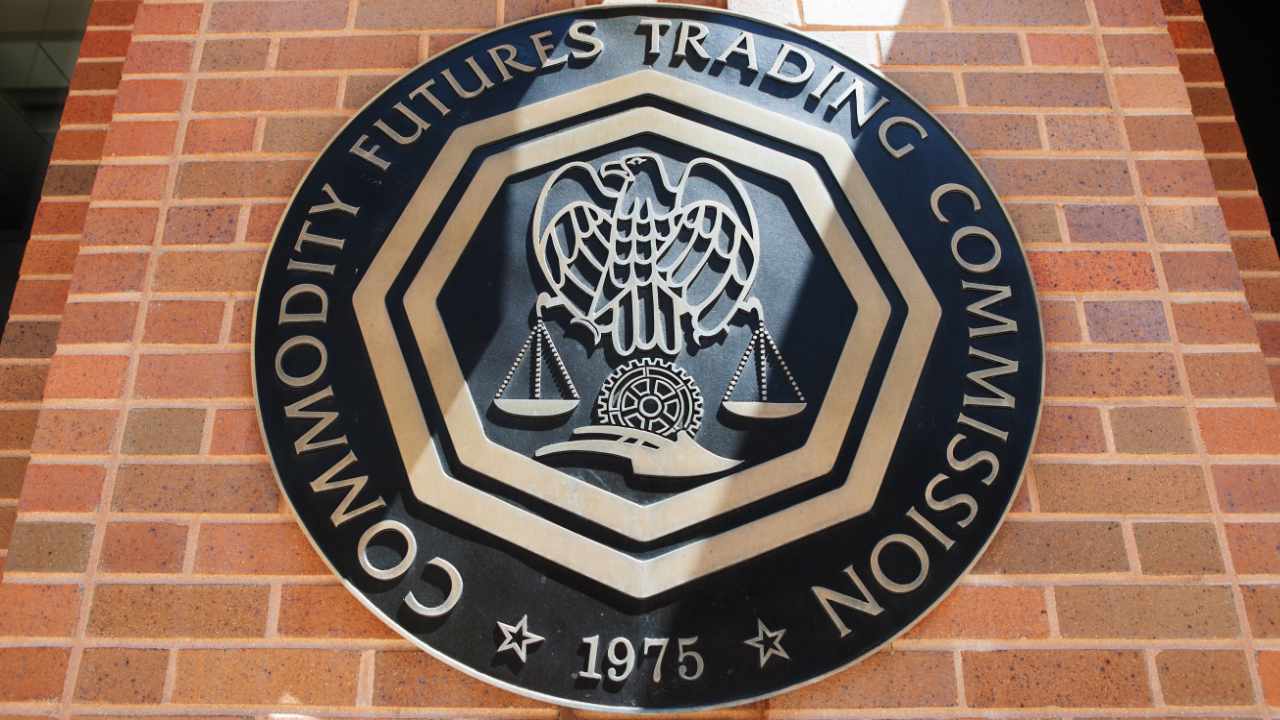CFTC Prepares to Step up Oversight of Crypto Market — Says Many Digital Assets Are Commodities – Regulation Bitcoin News

[ad_1]

The Commodity Futures Trading Commission (CFTC) has shared with Congress its plans to regulate the crypto market with “full oversight capabilities” if the proposed Digital Commodities Consumer Protection Act becomes law. The regulator claims to have the right experience and expertise and believes that “Many digital assets constitute commodities.” Meanwhile, SEC Chairman Gary Gensler has insisted that the vast majority of crypto tokens are securities.
CFTC Chairman’s Testimony on Crypto Regulation and the Digital Commodities Consumer Protection Act
The chairman of the Commodity Futures Trading Commission (CFTC), Rostin Behnam, discussed how his agency would regulate the crypto market in a legislative hearing Thursday before the U.S. Senate Committee on Agriculture, Nutrition, and Forestry.
The purpose of the hearing was to review the Digital Commodities Consumer Protection Act (DCCPA) which seeks to empower the CFTC “with exclusive jurisdiction over the digital commodities spot market.” The bipartisan bill was introduced in the U.S. Senate in August by Senators Debbie Stabenow (D-MI), John Boozman (R-AR), Cory Booker (D-NJ), and John Thune (R-SD).
Behnam told lawmakers:
Many digital assets constitute commodities … The CFTC’s expertise and experience make it the right regulator for the digital asset commodity market.
He explained that his agency “facilitates customer protections through its principles-based market oversight and disclosure regime aimed at ensuring transparency, integrity, and security of transactions.”
Behnam proceeded to detail that since 2014, the CFTC has brought almost 60 enforcement digital asset-related cases, including a recent matter involving a $1.7 billion fraudulent bitcoin scheme.
“With a lack of full visibility into the digital commodity asset market, the agency’s enforcement program has had to lean primarily on tips and complaints from the public to identify fraud and manipulation,” the CFTC chairman described, adding:
While we are engaged in a comprehensive effort across the agency to police these markets and their participants with the tools currently available to us, the DCCPA will allow us to apply our full oversight capabilities without restriction.
Chairman Behnam concluded that “with the additional resources contemplated by the funding mechanism in the DCCPA and the clear mandates for customer education, outreach, and information gathering to ensure that our efforts reach all demographics of the investing community, … the CFTC can move swiftly in effectuating this new regime.”
Meanwhile, two other bills have been introduced in Congress this year to make the CFTC the primary regulator of the crypto spot markets. The “Responsible Financial Innovation Act” was introduced in June by U.S. Senators Cynthia Lummis (R-WY) and Kristen Gillibrand (D-NY). The other bill was the “Digital Commodity Exchange Act of 2022,” introduced in April by Reps. Ro Khanna (D-CA), Glenn “GT” Thompson (R-PA), Tom Emmer (R-MN), and Darren Soto (D-FL).
Meanwhile, the chairman of the U.S. Securities and Exchange Commission (SEC), Gary Gensler, has said repeatedly that the vast majority of crypto tokens are securities and should fall under the purview of his agency. However, he acknowledged that bitcoin is a commodity. Last week, U.S. Senator Pat Toomey said Congress should step in with crypto guidance and the SEC should provide much more clarity on how it regulates the crypto sector.
Do you think the CFTC should be the primary regulator of the crypto market? Let us know in the comments section below.
Image Credits: Shutterstock, Pixabay, Wiki Commons
Disclaimer: This article is for informational purposes only. It is not a direct offer or solicitation of an offer to buy or sell, or a recommendation or endorsement of any products, services, or companies. Bitcoin.com does not provide investment, tax, legal, or accounting advice. Neither the company nor the author is responsible, directly or indirectly, for any damage or loss caused or alleged to be caused by or in connection with the use of or reliance on any content, goods or services mentioned in this article.
[ad_2]
Source link

